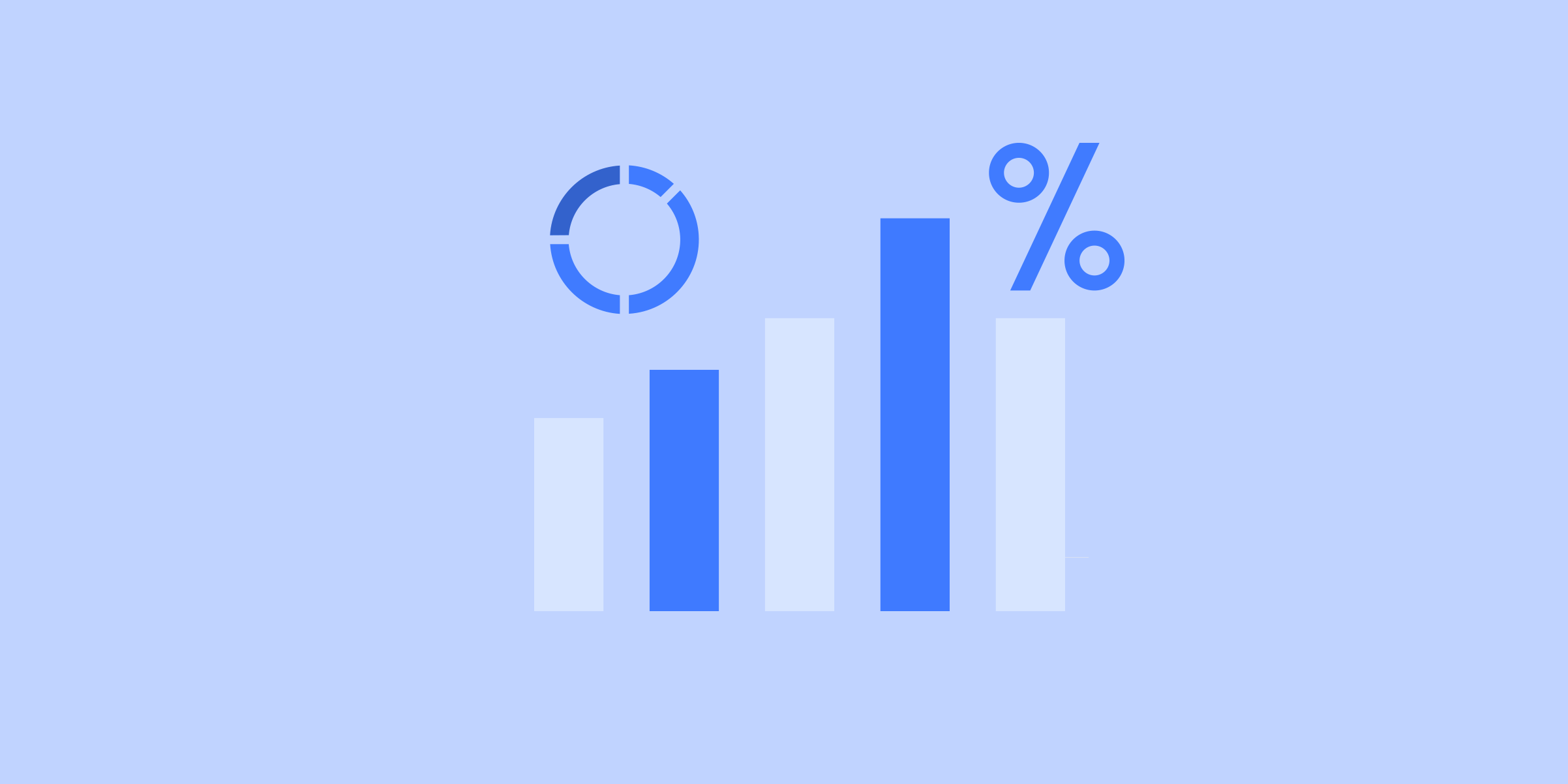Residential Proxies
Allowlisted 200M+ IPs from real ISP. Managed/obtained proxies via dashboard.

Proxies Services
Residential Proxies
Allowlisted 200M+ IPs from real ISP. Managed/obtained proxies via dashboard.
Residential (Socks5) Proxies
Over 200 million real IPs in 190+ locations,
Unlimited Residential Proxies
Unlimited use of IP and Traffic, AI Intelligent Rotating Residential Proxies
Static Residential proxies
Long-lasting dedicated proxy, non-rotating residential proxy
Dedicated Datacenter Proxies
Use stable, fast, and furious 700K+ datacenter IPs worldwide.
Mobile Proxies
Dive into a 10M+ ethically-sourced mobile lP pool with 160+ locations and 700+ ASNs.
Scrapers
Collection of public structured data from all websites
Proxies
Residential Proxies
Allowlisted 200M+ IPs from real ISP. Managed/obtained proxies via dashboard.
Starts from
$0.6/ GB
Residential (Socks5) Proxies
Over 200 million real IPs in 190+ locations,
Starts from
$0.03/ IP
Unlimited Residential Proxies
Unlimited use of IP and Traffic, AI Intelligent Rotating Residential Proxies
Starts from
$1816/ MONTH
Rotating ISP Proxies
ABCProxy's Rotating ISP Proxies guarantee long session time.
Starts from
$0.4/ GB
Static Residential proxies
Long-lasting dedicated proxy, non-rotating residential proxy
Starts from
$4.5/MONTH
Dedicated Datacenter Proxies
Use stable, fast, and furious 700K+ datacenter IPs worldwide.
Starts from
$4.5/MONTH
Mobile Proxies
Allowlisted 200M+ IPs from real ISP. Managed/obtained proxies via dashboard.
Starts from
$1.2/ GB
Scrapers
Web Unblocker
Simulate real user behavior to over-come anti-bot detection
Starts from
$1.2/GB
Serp API
Get real-time search engine data With SERP API
Starts from
$0.3/1K results
Scraping Browser
Scale scraping browsers with built-inunblocking and hosting
Starts from
$2.5/GB
Documentation
All features, parameters, and integration details, backed by code samples in every coding language.
TOOLS
Resources
Addons
ABCProxy Extension for Chrome
Free Chrome proxy manager extension that works with any proxy provider.
ABCProxy Extension for Firefox
Free Firefox proxy manager extension that works with any proxy provider.
Proxy Manager
Manage all proxies using APM interface
Proxy Checker
Free online proxy checker analyzing health, type, and country.
Proxies
AI Developmen
Acquire large-scale multimodal web data for machine learning
Sales & E-commerce
Collect pricing data on every product acrossthe web to get and maintain a competitive advantage
Threat Intelligence
Get real-time data and access multiple geo-locations around the world.
Copyright Infringement Monitoring
Find and gather all the evidence to stop copyright infringements.
Social Media for Marketing
Dominate your industry space on social media with smarter campaigns, anticipate the next big trends
Travel Fare Aggregation
Get real-time data and access multiple geo-locations around the world.
By Use Case
English
繁體中文
Русский
Indonesia
Português
Español
بالعربية

IPv4 vs IPv6: The Future of the Internet Protocol
Introduction.
As the world becomes increasingly connected, the demand for IP addresses has reached a critical point. The current Internet Protocol version 4 (IPv4) is running out of available addresses, leading to the development of Internet Protocol version 6 (IPv6). In this blog post, we will explore the differences between IPv4 and IPv6, and how IPv6 is shaping the future of the Internet.
IPv4: the old school protocol
Introduced in the early 1980s, IPv4 was the first widely used Internet protocol. It uses a 32-bit addressing scheme that allows for approximately 4.3 billion unique IP addresses. However, with the rapid growth of the Internet and the increasing number of devices connected to the network, this number is no longer sufficient.
The limitations of IPv4
The main limitation of IPv4 is the lack of available addresses. With the explosion of smartphones, tablets, IoT devices and more, the demand for IP addresses has outstripped the supply. This shortage has led to the development of Network Address Translation (NAT), which allows multiple devices to share a single public IP address. While NAT has been effective in extending the life of IPv4, it introduces complexity and overhead, making it less than ideal.
IPv6: The future of the Internet Protocol
IPv6 was introduced in the late 1990s as the successor to IPv4. It uses a 128-bit addressing scheme, which allows for a staggering 340 undecillion unique IP addresses. This huge address space ensures that every device on the Internet can have its own unique IP address, eliminating the need for NAT and simplifying network configurations.The benefits of IPv6
In addition to the seemingly endless supply of IP addresses, IPv6 offers several other advantages over IPv4. One of the most notable is improved security. IPv6 includes built-in support for IPsec, a protocol that encrypts and authenticates Internet traffic, providing a more secure network environment.
Another major benefit of IPv6 is improved performance. IPv6 eliminates the need for NAT, which can introduce latency and reduce network speed. With IPv6, communication between devices is more direct, resulting in faster and more efficient data transfer.
IPv6 also provides better support for emerging technologies. As the Internet continues to evolve, new applications and services require specific features that IPv4 cannot provide. IPv6 is designed to be future-proof, ensuring compatibility and support for emerging technologies.
The IPv6 transition
The transition from IPv4 to IPv6 is a complex process that requires careful planning and coordination. Most modern operating systems and network devices already support IPv6, but there are still significant challenges in migrating existing infrastructure and applications.
However, the adoption of IPv6 is gaining momentum. Enterprises, Internet Service Providers and governments around the world are actively working towards IPv6 deployment. As the remaining IPv4 addresses continue to dwindle, the urgency of the transition to IPv6 becomes more apparent.
Conclusion
The transition from IPv4 to IPv6 is not just about having more IP addresses. It is about enabling the future of the Internet and ensuring its continued growth. With its vast address space, improved security, better performance and support for new technologies, IPv6 is the clear choice for a sustainable and scalable Internet infrastructure.
As we look to the future, the adoption of IPv6 will be essential for businesses and individuals alike. The sooner we make the transition, the more we can unlock the potential of the Internet and continue to connect the world in ways never before imagined.
Featured Posts
Popular Products
Residential Proxies
Allowlisted 200M+ IPs from real ISP. Managed/obtained proxies via dashboard.
Residential (Socks5) Proxies
Over 200 million real IPs in 190+ locations,
Unlimited Residential Proxies
Use stable, fast, and furious 700K+ datacenter IPs worldwide.
Rotating ISP Proxies
ABCProxy's Rotating ISP Proxies guarantee long session time.
Residential (Socks5) Proxies
Long-lasting dedicated proxy, non-rotating residential proxy
Dedicated Datacenter Proxies
Use stable, fast, and furious 700K+ datacenter IPs worldwide.
Web Unblocker
View content as a real user with the help of ABC proxy's dynamic fingerprinting technology.
Related articles

Unlocking Hidden Gems: Phone Number Scraping on Craigslist Revealed
Looking to scrape Craigslist for phone numbers? Learn how to efficiently extract contact information from Craigslist listings with this comprehensive guide. Maximize your outreach and save time by accessing phone numbers directly through web scraping techniques. Get started today!

The Ultimate Web Scraping Language in 2025: Unveiling the Best Choice
Looking for the best coding language for web scraping in 2025? Discover the ultimate tool for efficient data extraction and analysis. Explore the top choice for web scraping success!

Exploring Website API Calls in Chrome with Python: Ultimate Guide
Learn how to view API calls made by websites in Chrome using Python. Discover a step-by-step guide on monitoring and analyzing website communication for enhanced understanding. Explore the world of web development and data tracking.